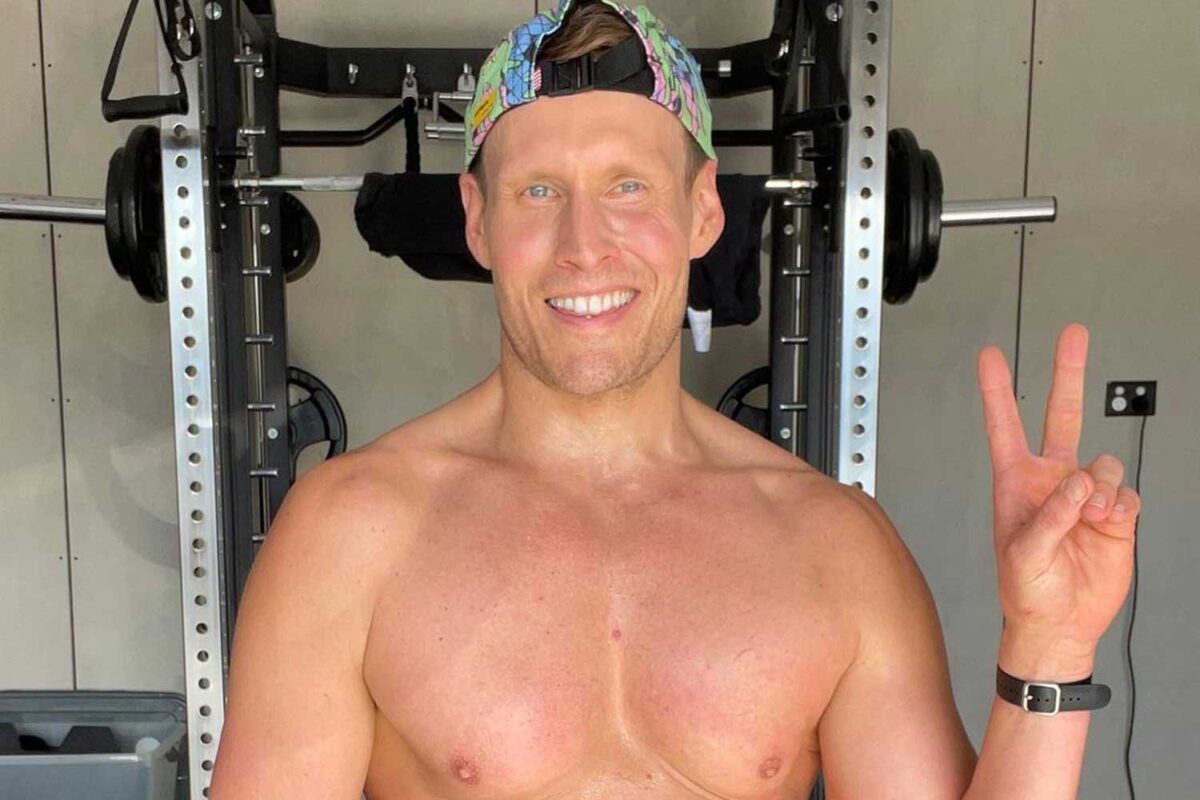It should be fair to say that, for many people in 2021, their major source of fitness and nutrition inspiration these days comes from Instagram. The incredibly popular social media platform has become a complete encyclopaedia of information (and misinformation), accompanied by images and videos to make claims, advice and information easier to consume.
But as we also all know, platforms such as Instagram are also littered with fake news, filters, and often information extrapolated from sources, that completely change the original aim of said source. Nowhere is this more true than in the fitness and nutrition space.
Fair enough, what works for one person may not be the best course of action for someone else, and with fitness and nutrition information being science-based, there are naturally going to be differences in opinion, and research that contradicts other pieces of research. So, while we may follow one particular account and live by their every word, we may not get the results we expect, only for us then to make a brash claim that the person we’ve listened to is full of sh*t.
But, because we consume content first with our eyes, and we’re hoping to get ourselves into better shape, we’re far more likely to be attracted to someone who is perfectly chiselled, compared to someone who looks like they’ve more than let themselves go. But what if that visually unfit person was a qualified expert in fitness or nutrition? Surely they would be a more reliable source of information to help us achieve our goals?
Basically, is the online fitness industry, at least when it comes to social media, f**ked?
DMARGE spoke exclusively with Luke Hines, Australian fitness trainer and author of several best-selling cookbooks. Of course, being a prominent figure on social media himself, you may initially think he’s not going to be the best person to argue this point. But some recent posts on his Instagram account prove even those in the know can get it wrong, as he admits the lockdown wreaked havoc on his fitness, nutrition and overall health.
Luke agrees that it’s more likely to be social media and other forms of media, as a whole, that dictate our body ideals, “it’s hard to say if the [fitness] industry itself sets an expectation out loud, more so what I think is projected on screens and social media, it almost sets a precedent.”
“If you look at celebs who are on TV for fitness, or healthy food/fitness bloggers online, they all seem to look the part so to speak, and by being exposed to that with the media we consume, I think it’s hard not to think that’s where the bar is set.”
He adds: “We definitely are directly affected by what we consume on TV and social media, so the more we see popular people in the public eye who work in healthy food and fitness looking incredibly ripped, muscly or chiselled, then I think it’s easy for us to think, ‘hey, that’s what I should look like or people won’t take me seriously.”
Luke accepts that we are now more likely to obtain any fitness or nutrition information online, rather than from books (remember those?). So when we’re searching for a reliable account to follow, our uninformed minds can become warped, and we are more likely to gravitate towards the super-shredded guy or girl.
“It’s funny how we do judge a book by its cover. If we see a totally super shredded guy or girl selling a fitness program online, we might be more inclined to buy it off them over, say, a professor in sports science who knows way more than said ‘expert/influencer’, but is raging, not in the best shape, and doesn’t use all the fancy filters, or perhaps not even have social media at all.”
“We all know who has more knowledge on the matter, but it comes down to what influences our behaviour and how we are affected by marketing strategies.”
“I would not be surprised at all if the average Joe is confused with where to start, especially when looking for health or nutrition advice online, because it is a really crowded space, with a lot of voices with differing opinions. Someone having a good rig doesn’t mean they know what they’re talking about, and vice versa.”
View this post on Instagram
It’s this transparency Luke provides that make him someone we’re more likely to follow and listen to, compared to someone who references a particular study in their caption, for example, without actually providing a link to the study, or only mentioning one section, without giving us the full picture.
We also like how Luke says we’re allowed to treat ourselves every now and then:
“I think it’s so important to allow ourselves a break from anything too strict or regimented, as life is to be lived first. Stricter style diets, programs and health kicks can serve a purpose in the short term, but they’re really not sustainable.”
“It’s important to perhaps use them for what they are, a reset or detox etc, but then look at finding balance.”
Balance between eating clean but also allowing life to be awesome and experiencing new things you really want or crave, but don’t overdo it on either end of the spectrum. This is where I stitched myself up. I went from super strict, to super lenient, without finding a healthy balance in between.”
